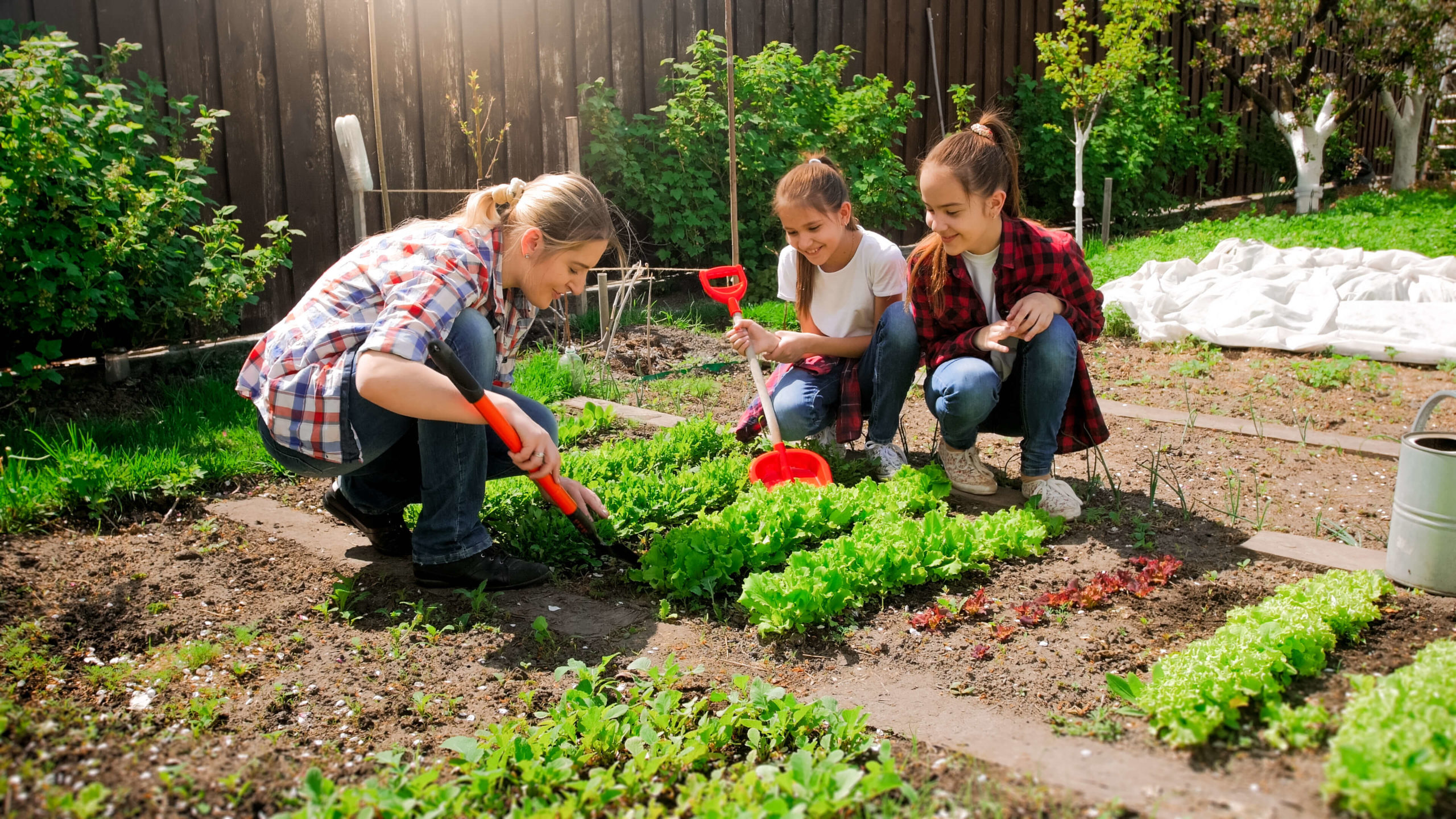Wish sowing some seeds in the ground and sitting relax can grow the garden automatically. But, it’s not that easy, though. Especially for a rookie, starting a garden can be more daunting.
Nobody is a green thumb from day one. If you are wondering how to start a garden, here are some easy-to-follow gardening tips and tricks for beginners.
7 Gardening Tips For Beginners
- Pick a location following the sunlight
Start by choosing a location for your garden with an easy view. So, it can be within your sight to enjoy its beauty. After all, who doesn’t love to watch a fresh vegetable or flower garden?
Additionally, the garden spot should get enough sunlight to grow the plant. It’s an essential need for every plant. However, some can grow in part shade areas too. But most herbs, vegetables and fruits require at least 6 hours of full sunshine per day.
- Prepare the soil
Determining the composition of the soil is important in planting and growing. There are six types of soil like sandy, clay, silty, peaty, loamy and chalky. Each type has distinct properties and hence, reacts differently with different plants as well water.
If your garden soil is too rocky, hard or soggy, plants can’t grow well. So, it’s always good to invest in nutrition-rich and well-drained soil.
An alternate and cheaper option is digging through the ground. This process includes the following:
- Till the soil with hand or roto-tiller.
- Analyze nutrition for soil with soil test kits.
- Try composting.
- Use permanent garden beds and pathways in order to protect soil structure.
- Select seeds
The most fun part is selecting seeds for your garden. Do not rush into all types of plants to grow. As a beginner, it can be overwhelming but choose wisely.
You can buy seeds depending on the soil, the condition you live in or the foods you often cook. It can be fruits, veggies or herbs. Or, if you love flowers, growing beautiful flowers will make the garden colorful.
Speaking of which, you can add garden art using a plasma cutter to show creativity. For example, turning an old metal saw into a long tree by plasma cutting looks very artistic.
- Watering plants
In order to prevent plants from drying or hanging their heads in summer, water them properly. But over-watering can make the plant having a shallow and immature root system. So, you need to know when should water and how much.
Follow the basic rules to water plants:
- Keep moisture evenly, especially for newly planted seeds.
- Maintain consistency for watering.
- Water early in the morning or late in the evening.
- Avoid water logging.
- Give plants space to grow
Give some space to all plants to grow properly. Too many plants close to each other can’t get appropriate temperature, water, humidity and nutrition. As a result, some dry out, even die. Hence, keep in mind that each plant receives these factors in the correct amount to develop.
- Feed your plants
Do not forget to feed plants to ensure productive and healthy plants. Though sunlight and water, along with high nutritious soil, are enough. But like a human body, plants also require a steady diet to grow.
Nitrogen, phosphorus and other micronutrients are already present in the soil. However, as the plant grows up and by planting new grass or trees, they take all nutrition from the soil.
So, natural or organic fertilizers are needed to feed the soil as well as plants. For potted plants, using liquid fertilizer will be good. You can add them at the beginning of the season while preparing your garden.
- Mulch your garden
Adding mulch to the garden is another tip for beginners to protect plants when spread evenly. You can apply a 2-3 inch deep layer of mulch around the plants. Mulch prevents weeds from growing and moisture from evaporating quickly. Eventually, you need to watering less.
Conclusion
You see, starting a garden as a beginner is not that hard. By following the above-mentioned tips, you can harvest your own garden and start planting. In addition, don’t forget to pull out the unwanted weeds to maintain moisture. But most importantly, take care of your garden timely and enjoy gardening.











